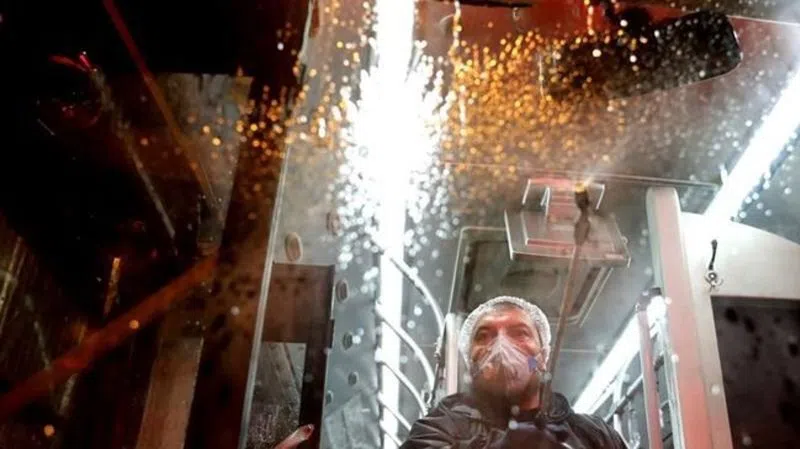
Iran raises its death toll to 19 amid 139 coronavirus cases
DUBAI, United Arab Emirates — Iran’s president said Tehran has no immediate plans to quarantine cities over the new coronavirus rapidly spreading across the country, even as the Islamic Republic suffers the highest death toll outside of China with 19 killed amid 139 cases confirmed on Wednesday.
President Hassan Rouhani went on to acknowledge that may take “one, two or three weeks” to get control of the virus in Iran, linked to most of the over 210 confirmed cases of the virus now spread across the Mideast. That comes after the top official in charge of Iran’s response to the coronavirus tested positive for the illness after a day earlier trying to downplay the disease.
Still, Rouhani sought to portray the virus crisis in terms of Iran’s tense relations with the U.S.
“Coronavirus must not be turned into a weapon for our enemies to halt work and production in our country,” Rouhani said, according to a transcript posted to the Iranian presidency’s website.